Before I get started, a HUGE thanks to Amber Gregg for hosting my It's a Writer Thing series on her lovely site.
It’s been a whirlwind this summer, what with my first time as a Pitch Wars mentor and all the work I’ve been doing on my own books. I finished my second manuscript for the year in August, which was my 11th book in total. Holy moly! But, finishing my latest MS got me thinking about productivity.
I acknowledge that I’m a fast writer, but I owe my productivity to something more important: I practice finishing books.
There's so much to learn.
| There are a lot of skills to learn to become a professional writer. First off: writing. Like, the actual craft. Then there are query letters and synopses and log lines. What genre is what (and that YA is NOT a genre--grrr.). Another thing we have to learn is how to finish books. We need to build stamina, the stick-to-it-ness, essential to a professional writer operating out there in the big old world. We’re notoriously good at starting books. Shiny new ideas are the best things ever! So hard to resist, |
But if we let new ideas seduce us, we’ll never learn our process for finishing. I will repeat that and turn it into a statement: All writers need to learn their own process for finishing books. Here’s why.
Think like a marathon runner.
| What do marathon runners do to train? First off, they learn to run. Just the basics: body posture, how to breathe, what to do with their arms. Then they develop stamina, tacking on more miles as they go. They learn to predict their bodies’ rhythms: when the race will get hard, and how hard hard will feel. How do they get through that? They practice different strategies for budgeting their energy, training their breathing, when to take in liquids (and how much). They even eat those little squeezy pouches of sugary electrolytes (which, I sort of want to try). Then they do it again and again. And again. Pushing through the long slog is just as important as training-up their muscles—more important, perhaps. |
Why is that important?
They have a Not-Quitting Process. A Finishing Process. They can say to themselves: This is just like last time, and last time I got it done. I can do that again.
Writers need that too.
We need to practice starting, middling (Is middling a verb? Well it is now!), and finishing. And we need to do it with more than one book. Inevitably, the current WIP will start to feel boring. The shine will be off. Maybe we’ll write ourselves into a corner or a whole maze of corners. And, lo and behold, there’s Shiny New Idea winking at us all sultry and pretty. But, like a marathon runner who can predict his rhythms during a race, we need to predict ours when it comes to the marathon of writing a book.
| And, just like the marathon process, it’s hugely mental. We get so down on ourselves when we get stuck. We beat ourselves up, tell ourselves that we’re not cut out for this. Those thoughts lead to terrible emotions, emotions that lead to the worst thing ever: giving up. And we can’t give up! Hopefully this sounds super-logical. I mean, if your friend told |
The learning process, the stamina-building is normal, natural, and necessary.
Therefore, my biggest motto is: Finish what you start. Everything you start. Then, one day when you’re all successful professional authors and you have deadlines or an editor waiting for an option book, your game will be in place. You’ll be able to say, Yes, I can get that to you INSERT YOUR DEADLINE DATE HERE. I’ve got a process. I’ve done this before. Deep breath. Here goes.
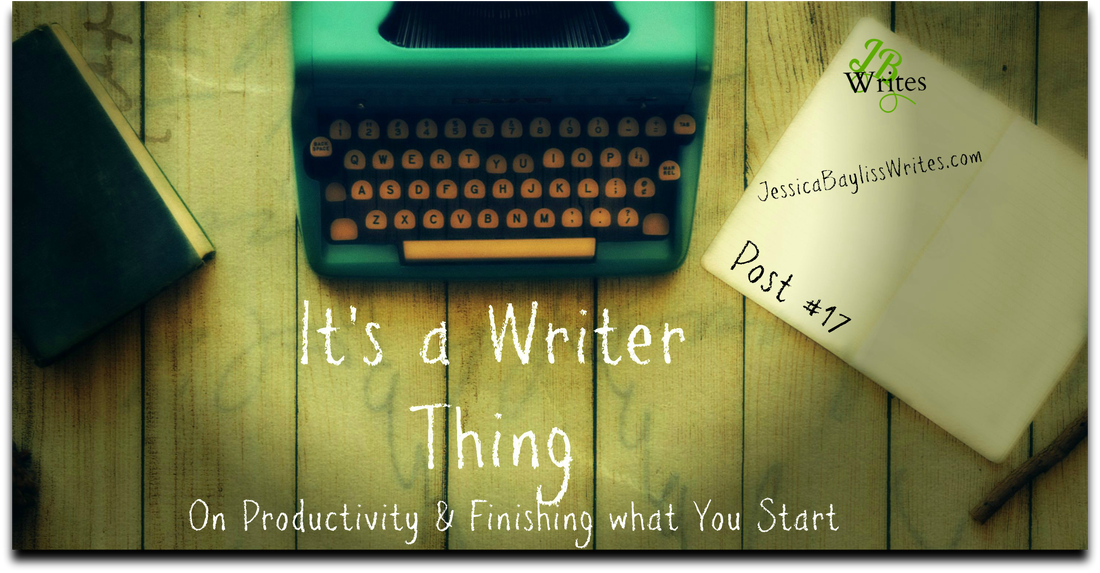
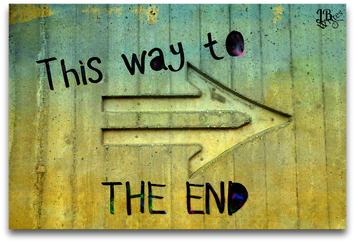

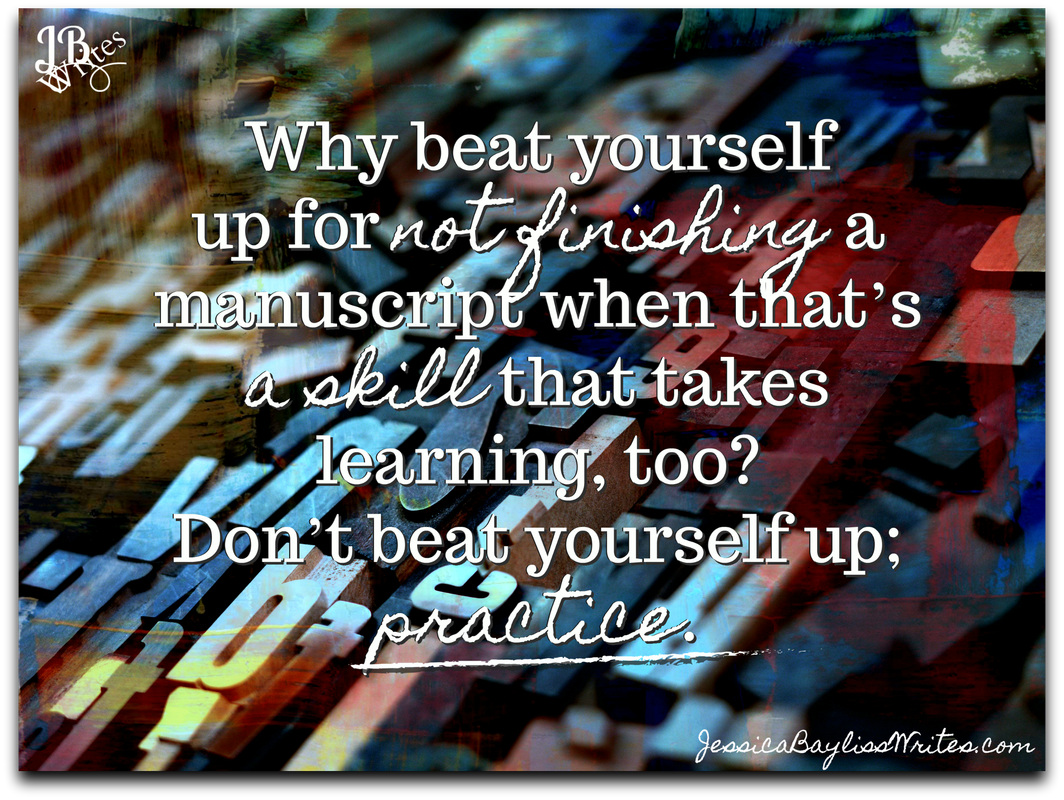
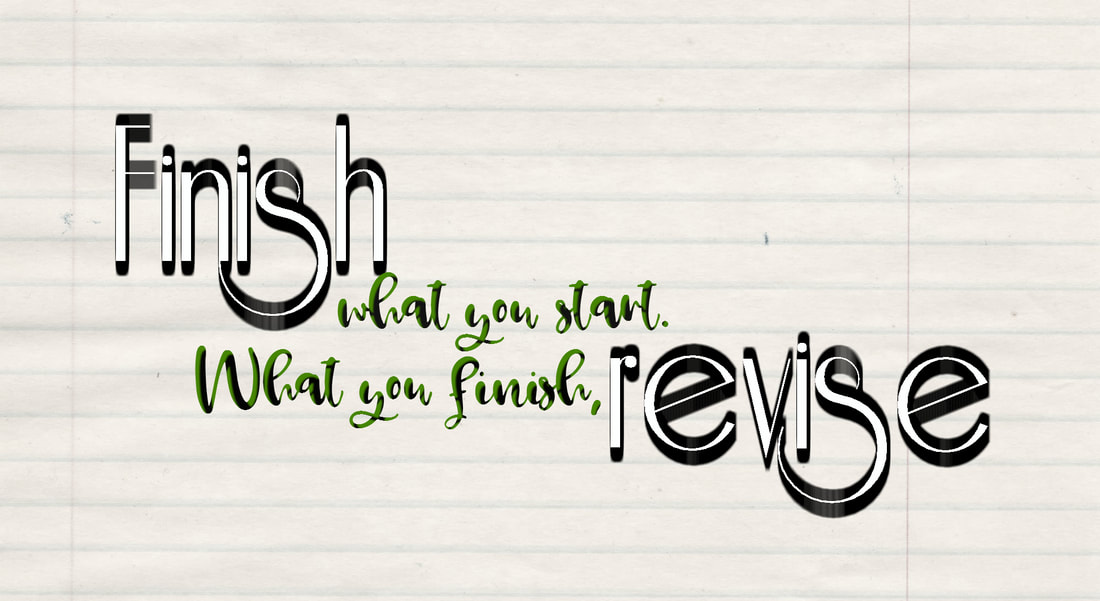
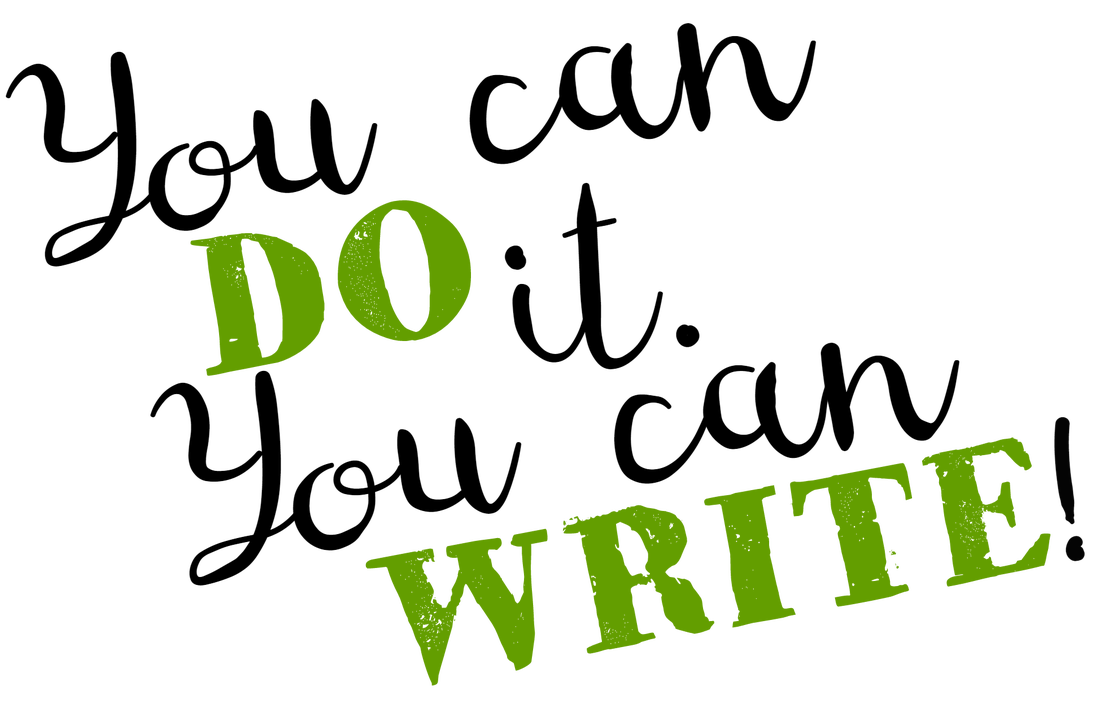
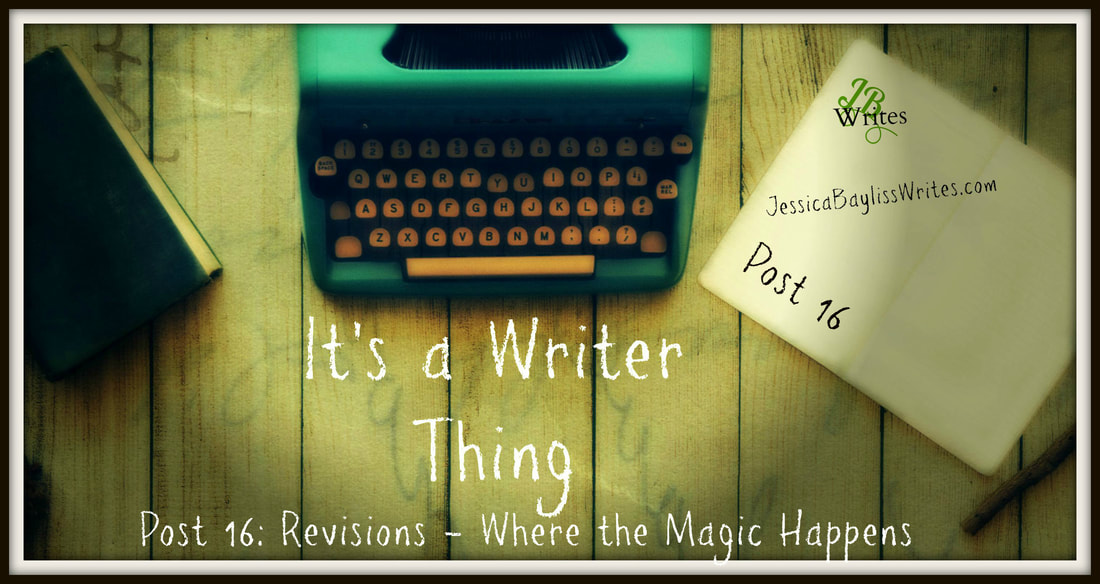

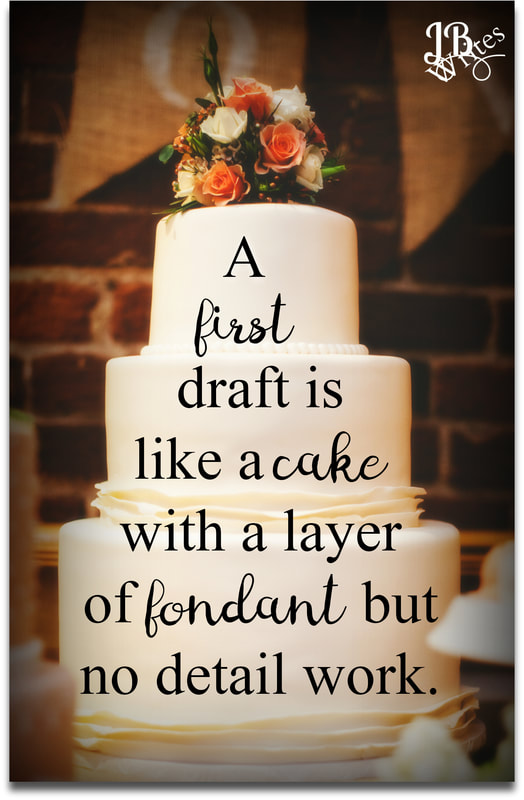
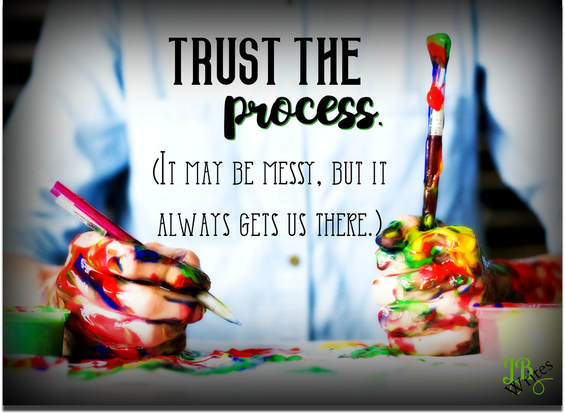

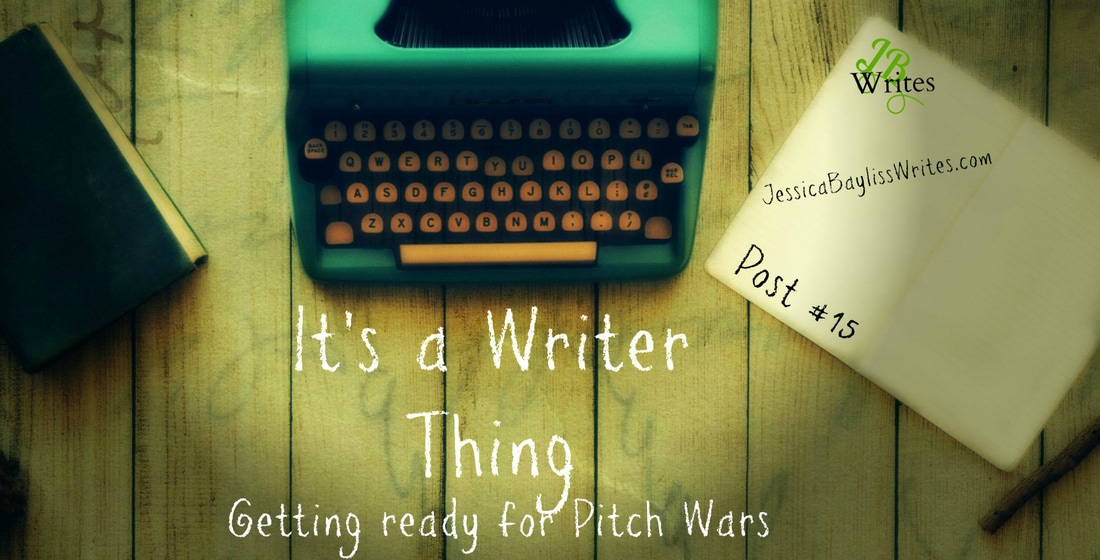

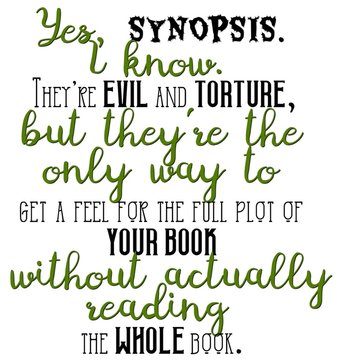

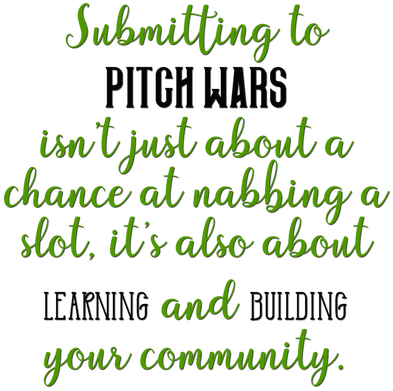



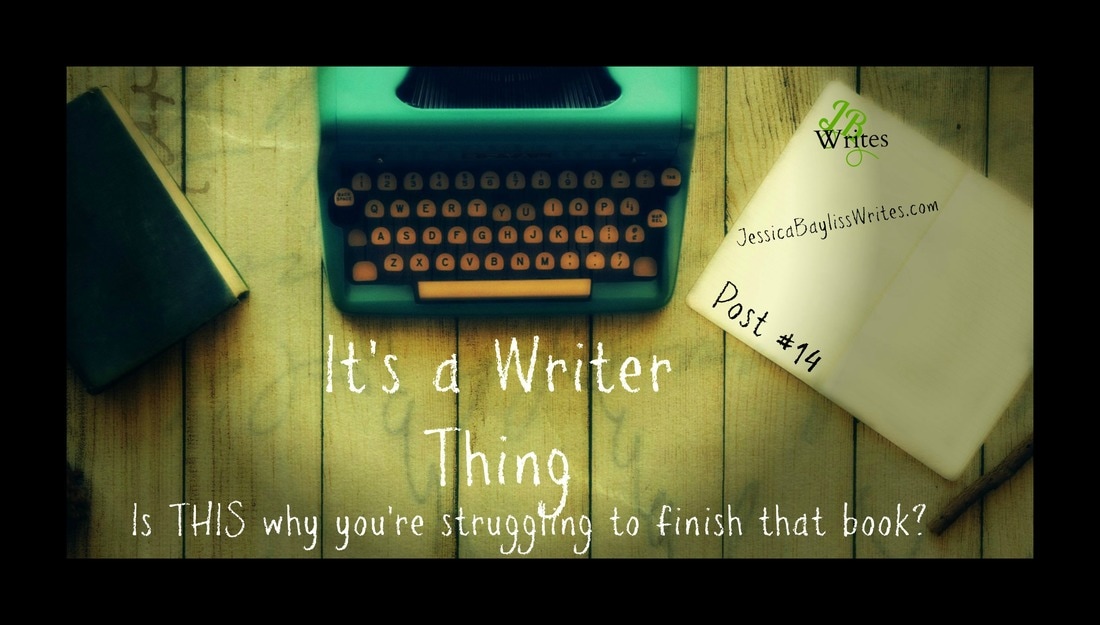
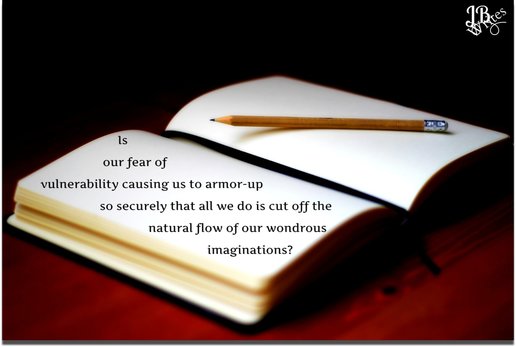



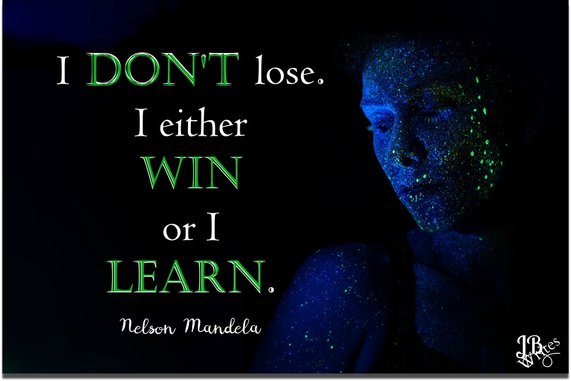
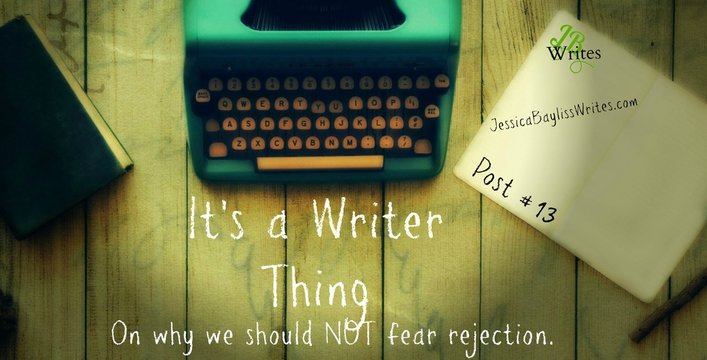
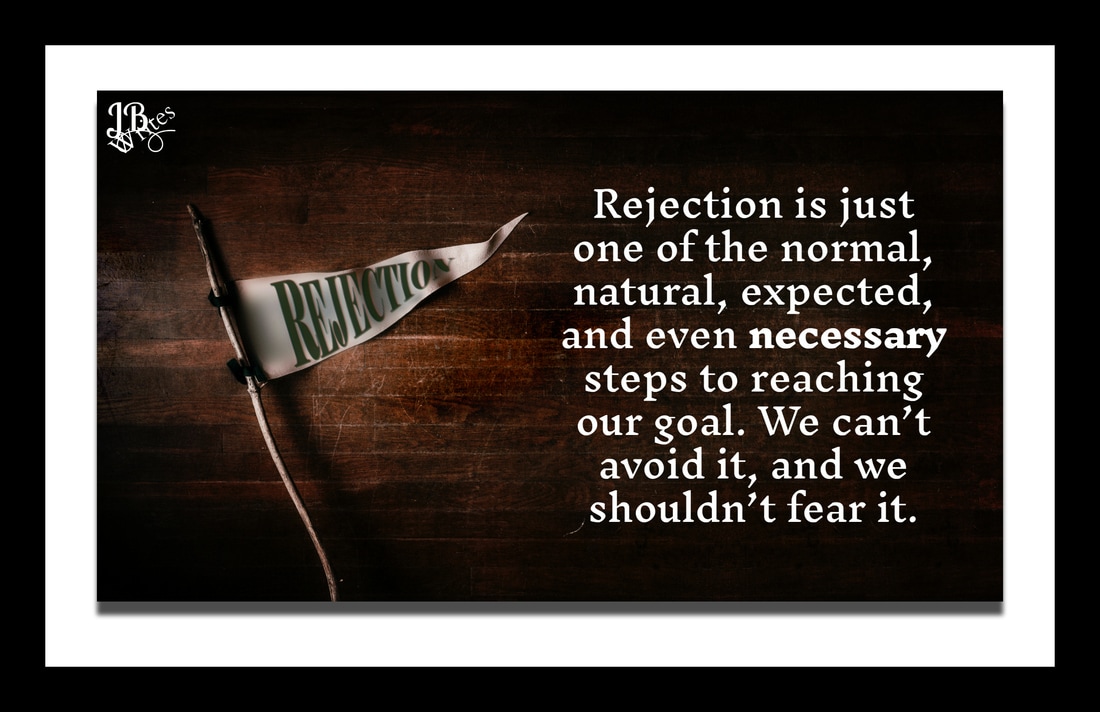
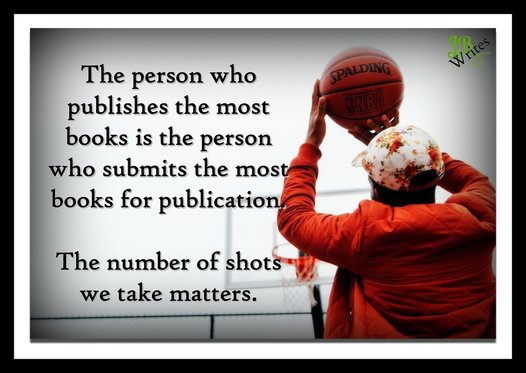
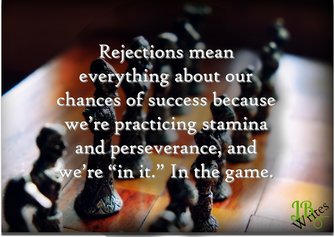

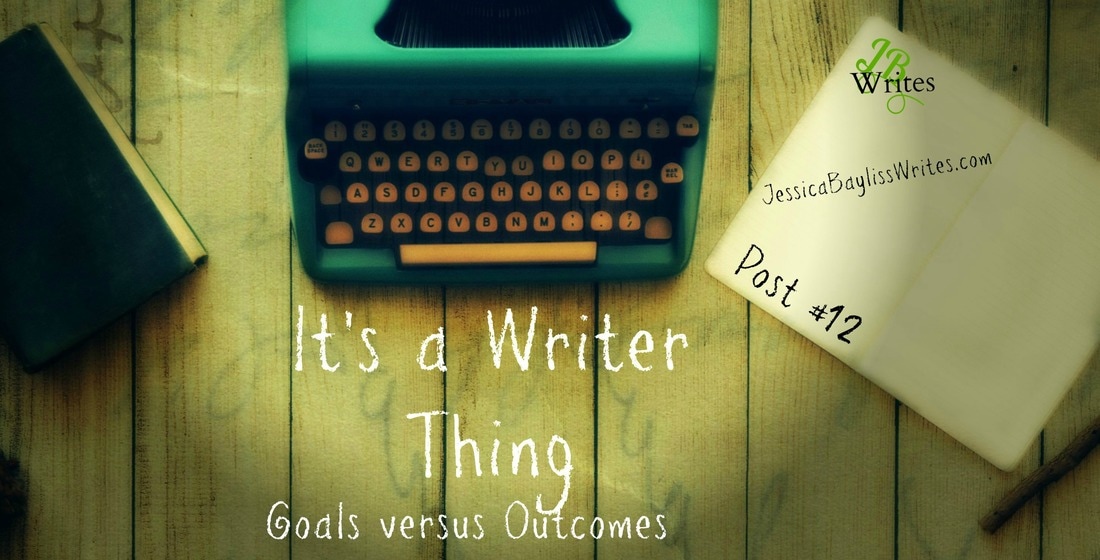
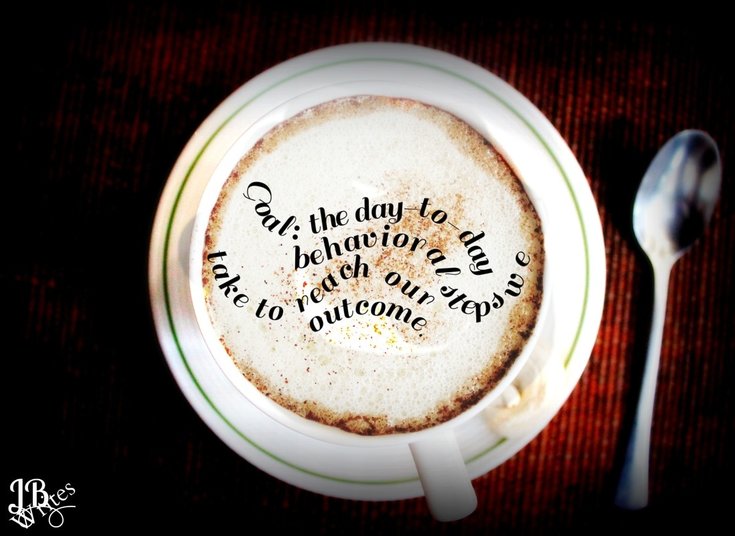
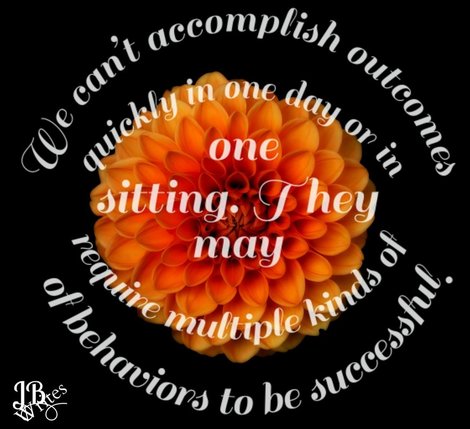
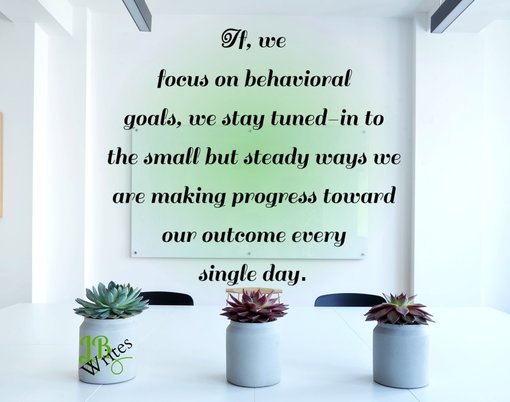

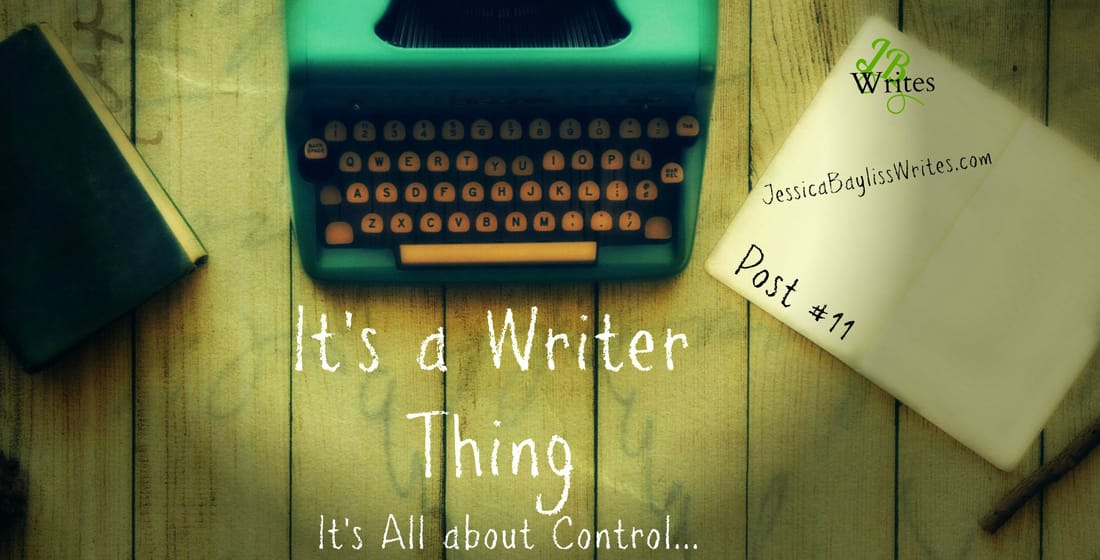
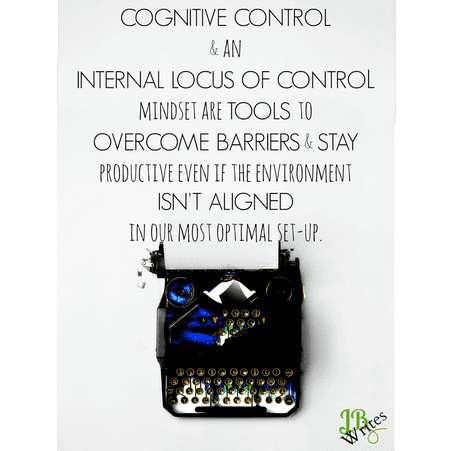
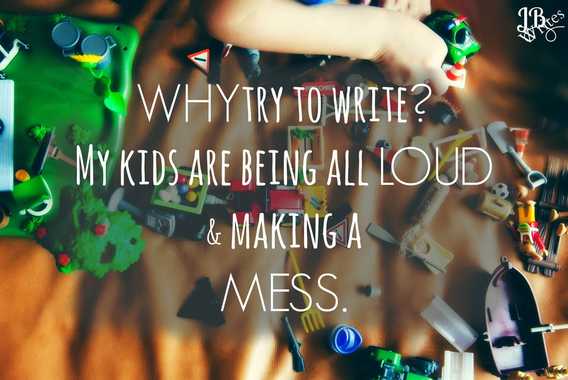
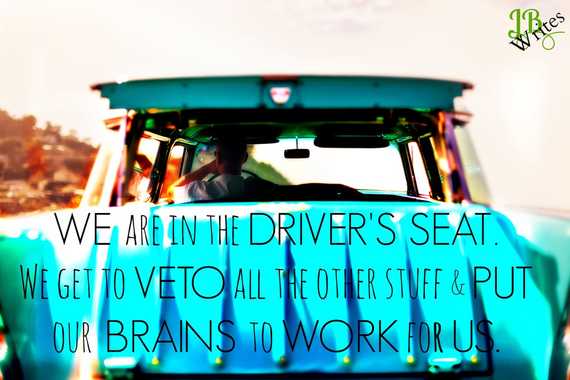

 RSS Feed
RSS Feed
